73rd International Conference on VIBROENGINEERING is an integral part of Vibroengineering Series Conferences and will be held in Lviv, Ukraine.
The conference provides a global platform for researchers, scientists, engineers and practitioners to showcase their latest research results, stimulate debate, generate fresh concepts and foster collaboration. Vibroengineering Procedia is included in major scientific databases such as Scopus, EI Compendex, Gale Cengage, Google Scholar and EBSCO. Vibration Engineering conferences include various cutting-edge technical presentations, lively discussions, and worldwide participation from renowned experts and scientists. The conference provides an opportunity to share recent advances in research, exchange ideas on cutting-edge engineering technologies, and take advantage of extensive networking opportunities.
Organizing Comittee

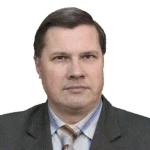


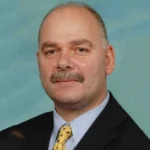
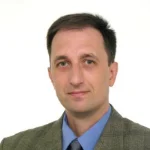
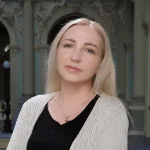
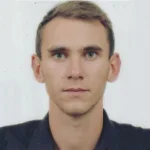
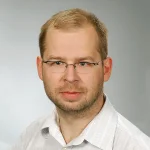
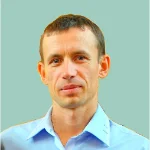
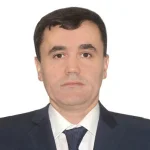

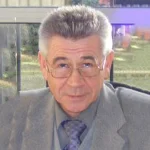


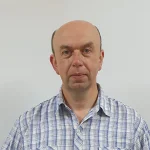
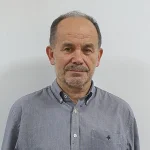


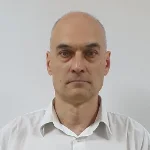
Fees
For those participating live: Publication in Vibroengineering Procedia, Conference materials, lunch and coffee breaks.
For those participating online: Participation in online conference event, publication in Vibroengineering Procedia and certificate.
Conference Program
Sponsors and Partners
Conference in Lviv, Ukraine was organized by Extrica with the partnership of Lviv Polytechnic National University.
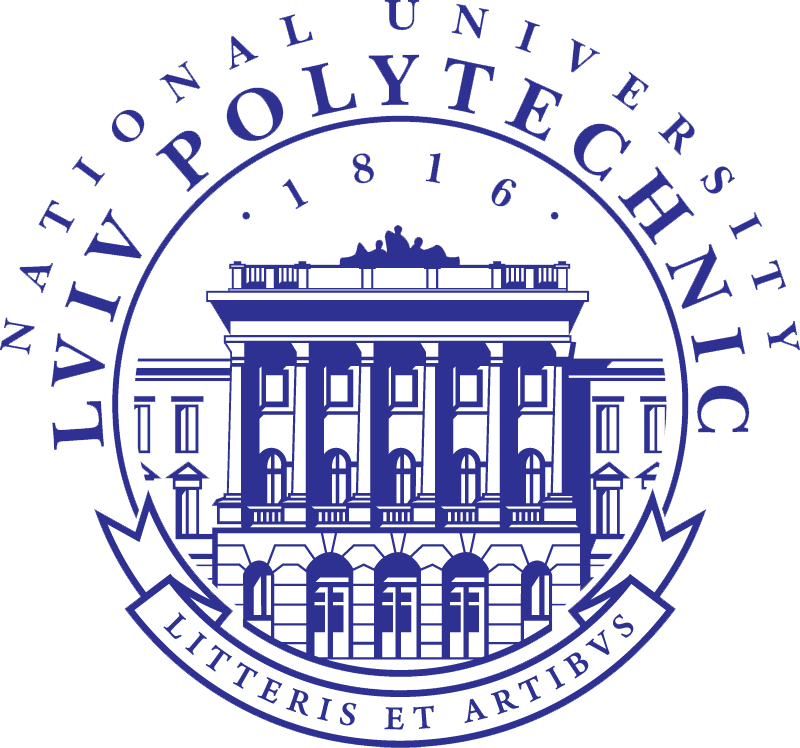
Lviv Polytechnic National University is the oldest technical higher educational institution in Ukraine and East Europe. It was founded in 1816. University consists of 17 institutes, more than 100 departments; autonomous, additional and general subdivisions. From its early establishment Lviv Polytechnic has proved to be a powerful center of science and education in Europe, the generator of technical ideas and inventions. Based on many years of theoretical and experimental activities at the University were developed the scientific schools that are well known in Ukraine and abroad. They have leading positions in Ukraine in the following scientific and technical areas: nanomaterials and nanotechnology, new materials and technologies; energy- and resource-saving technologies; basic research of the most important natural, social and human sciences; advanced computer systems and information technologies; instrumentation and measuring equipment, etc.
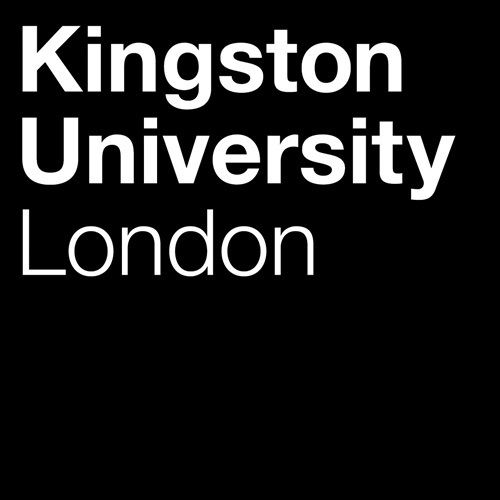
Kingston University London is where creativity meets innovation. Nestled in the lively Kingston upon Thames, this forward-thinking university is renowned for its hands-on approach to learning and strong industry ties. With top programs in art, design, business, and engineering, and a vibrant community of students from over 140 countries, Kingston University is a hub of diversity and inspiration, shaping the next generation of leaders and innovators.

Karpenko Physico-Mechanical Institute of the National Academy of Sciences of Ukraine is known in Ukraine and in the world as a research center in the field of fracture mechanics and strength of materials, physicochemical processes of corrosion, non-destructive testing of defects in materials and technical diagnostics of structures and environments. The Institute structurally consists of 10 research departments and 2 research laboratories. The scientists of the Institute have created the theory of adsorption and hydrogen fatigue of steels, developed the theory of limiting equilibrium of deformable bodies with crack-like defects, which laid the foundations of a new direction in material mechanics, developed a new scientific direction – physicochemical fracture mechanics and strength of materials, worked out new methods of local hardening heat treatment of welds and surface hardening of machine parts, created new devices and systems for investigation of space objects. Mathematical theory of wave diffraction, signal theory and electric circuits has been developed significantly at the Institute. Scientists of PhMI proposed new methods of image processing, extraction and conversion of signals, increasing their noise immunity in geophysical and space research.
